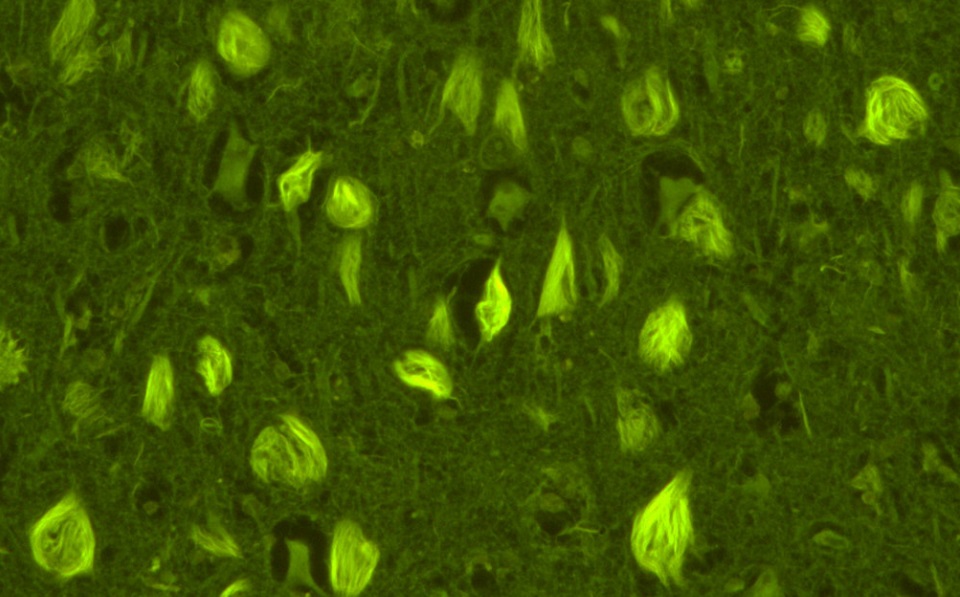
Brain UK study ref: 14/013,
Lay summary,
Project status: Active
Functional characteristics of rare risk variants in TREM2 associated with Alzheimer’s disease
Dr Angela Hodges, King’s College London
Perhaps the most exciting, recent finding in the genetics of Alzheimer’s disease (AD), has been the identification of rare changes in the TREM2 gene which increase vulnerability to AD. Evidence suggests TREM2 is part of a small cluster of functionally related genes which are active in microglia. Microglia are an important cell in the brain responsible for maintaining a healthy brain and generating an immune response. A loss in normal TREM2 function is predicted to lead to a failure in the clearance of damaged brain material and inappropriate immune activation which can damage healthy tissue. We have screened ~4,000 people who have been participating in our genetic and biomarker studies at the IoPPN. Through collaboration with other UK brain banks we have identified an extremely important group of around 19 individuals with AD-associated TREM2 changes for whom post mortem brain tissue is available. Studying brain tissue from these people and comparing it to other people with AD will firstly, provide us with clues to further understand the contribution of this gene to AD and secondly, will generate data which will enable us to validate a cell model of TREM2 dysfunction we are generating in a separate study for the purposes of compound screening and drug development for AD. Our project will characterise morphological and activation changes in microglia and compare changes in gene and protein expression in these cells.
